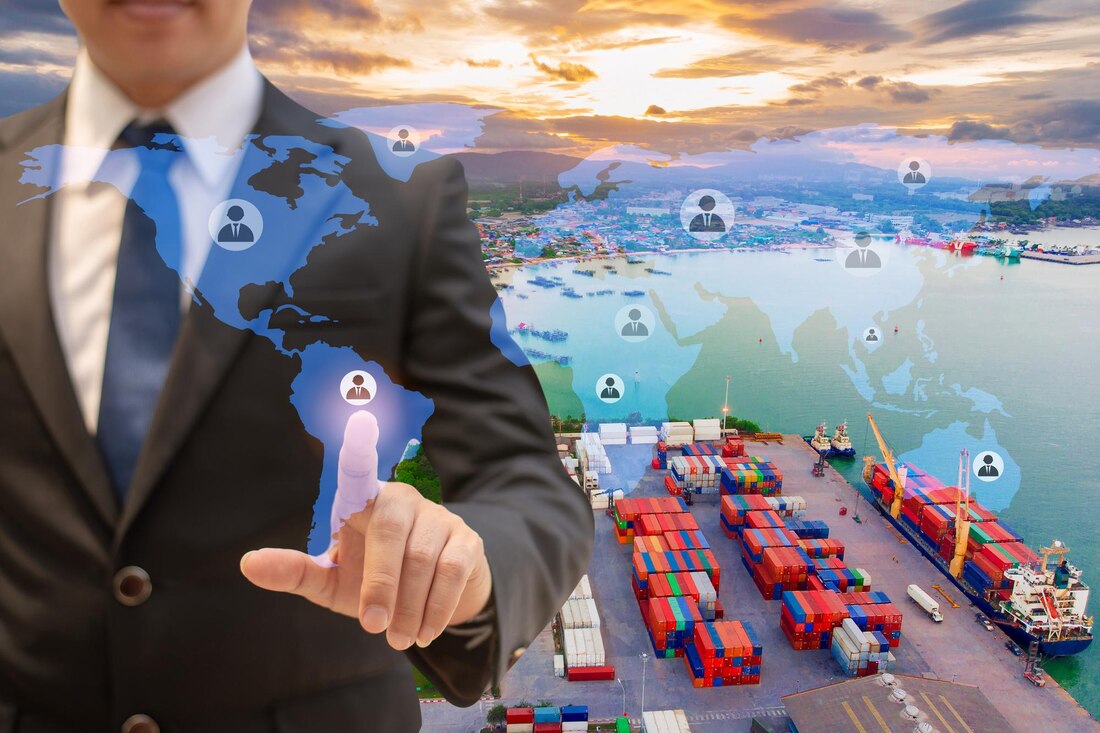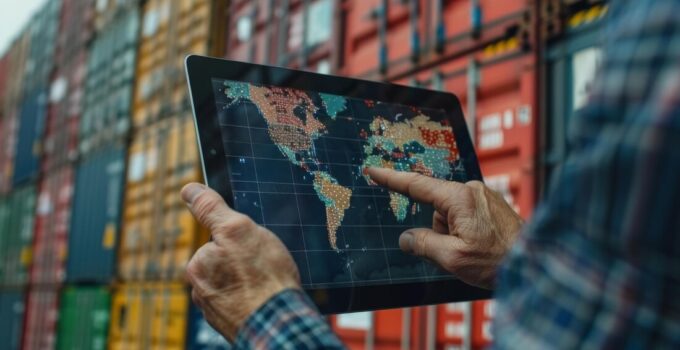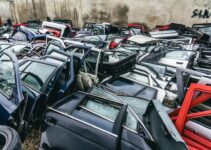Having a national business is way more comfortable than an international one, for obvious reasons. Besides extra expenses and paperwork, you need to make sure that trade rules and regulations are respected.
Otherwise, you end up with a list of problems around losing your inventory or trying to maintain them in order to gain your profit.
Moving surplus assets across borders involves following many international trade regulations and rules. These laws are designed to control how goods and materials enter and leave countries.
However, more than a matter of money, it is to protect local industries and ensure safety. All of this while the countries are able to collect their respective taxes for the items crossing.
For companies dealing with surplus inventory globally, understand these regulations is mandatory. You need to avoid delays, fines, and legal trouble. To do so, only knowing about the standards that apply is what will help.
Coastal Surplus Solutions saves you the hassle and works with you to get your surplus goods sourced. We handle logistics and make sure that shipping and delivery are not issues.
However, we need to know what is included and how we can help you. And even before that, knowing what your surplus assets and moving them entail will be the best step.
What Are Surplus Assets?
Starting with the basics, they are extra or unused goods, equipment, or materials that companies no longer need.
You can invest in pallets or liquidation lots that sell all the items for a fraction of what they cost. in these expenses and investment, you must include shipping, marketing, and any extra elements to sell your goods later on.
When you have the assets shipped internationally, this is when you must comply with trade laws in both the exporting and importing countries.
Fees, new tariffs, and regulations that are part of entering the country include all the standards in this.

Key International Trade Regulations Affecting Surplus Movement
With the new tariffs in the U.S., these are definitely the top in terms of issues and regulations.
More than being an extra hassle, they represent a massive expense for businesses, especially surplus ones.
Many surplus items come from China, Mexico, or Canada. While others are moved within the same country, a lot of your lots and pallets will be moved from there.
This means you need to handle the expenses with either 25 or 10% more with the new fees included.
With this in mind, you still have other regulations affecting your movement in the international trade market.
- Customs and import/export controls.
Every country has customs rules that require declarations of goods being imported or exported.
The documentation that works for your country is most likely not the same for the one where the items and brought from.
Surplus assets must be properly documented with invoices, descriptions, and value.
- Trade agreements and restrictions.
Free trade agreements between countries can reduce or eliminate tariffs. This makes surplus assets movement cheaper and faster.
However, some goods may be restricted or banned due to safety, environmental, or security concerns. There are variables that you cannot control sometimes, but being prepared the best you can will save you the expenses and potential losses.
Surplus goods may need to meet safety, environmental, or quality standards set by international bodies or importing countries.
For example, electronics might require certification to ensure they meet local regulations.
- Documentation and reporting requirements.
Accurate paperwork, including bills of lading, certificates of origin, and export licenses, is crucial. Incorrect or missing documents can cause shipments to be delayed or seized.
How Coastal Surplus Solutions Saves You the Troubles
We work with you in sourcing surplus, streamlining logistics, handling shipping and customs, and working on the best steps.
We do it all to make sure you receive your items and don’t have to worry about international regulations.
Feel free to contact us and gain all the advantage of expert strategy and support, which reaches a 25% cost reduction as stated by FasterCapital.




